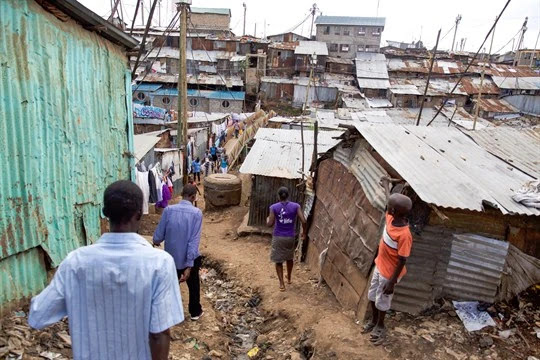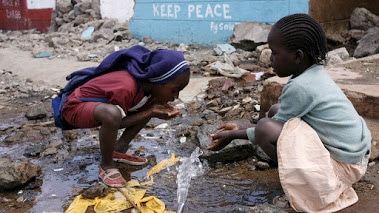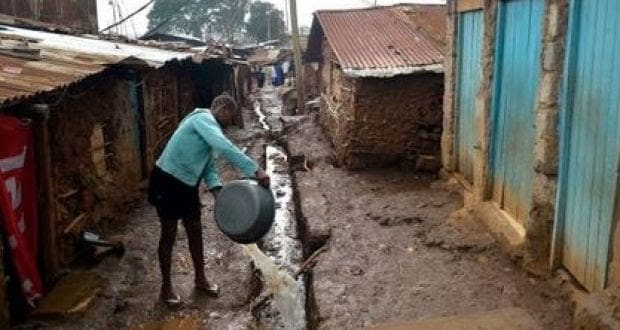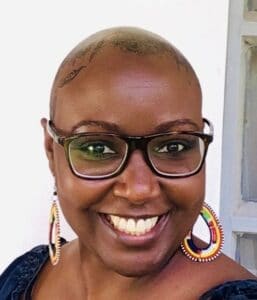Protected by gangs to care for the poor
By Kinya Kaunjuga
The gangs protected me and kept me safe so that I could treat the sick without being attacked.
Morning and night, gang members coordinated escorting me in groups of three, switching their cover to keep from being identified by the community.

Crude weapons and machetes clumsily constructed from metal pieces found in garbage dumps, were tied closely to their midriffs making it impossible to detect beneath clothing.
Never taken off even to bathe, never brandished openly, these blunt, rough pieces caused gushing wounds and ruptured bones, including their own which I treated. I didn’t know if the next maimed victim would be my own sister.

I came to live in Mathare 18 years ago because it was where I could afford housing. Within 6 months I opened a clinic. I could not live among them and watch them suffer from a lack of medical care when I had the ability to treat them.

I decided to open our home to emergency cases. That led the gangs to protect my family and neighbors. Eventually, I rented a small space in the neighborhood and began to take in all types of patients.
A landlady, herself a resident of the slum, showed me a half roofed structure she had given up trying to complete. She told me I could have it, complete it and pay the rent whenever I found it because she saw the need for my work and that I was one of the slum dwellers and hardly making ends meet.
People with problems rushed to my makeshift medical facility in the slum. There were hundreds of them every week. They kept coming day and night. They called me their savior.
I also found out that the gang members called me Uzima, which means full of life in Swahili. As they guarded me, I counted 20 of them but never knew their names. My name is White Indimuli, the founder and owner of Uzima White Medical Clinic.
In a desperate search for an income, boys aged 10 to 17 leave the countryside to look for jobs. They find shelter in slums for a cost close to nothing; but they also find others who were there before them, and with that, the higher cost of a life strung with violence. Gangs roam the 18 slums in Mathare which is half a square mile of land where 600,000 people live. (By comparison, Denver is 155 square miles with a population of 556,835). The gang members are lucky to live past 35.

With you we can empower frontline medical clinics with technology

White Indimuli runs what we call a frontline medical clinic because it is the first or second place a patient in a slum or remote village goes to for medical care. His clinic is open 24 hours a day with 15 beds and 22 staff.
They began using BandaGo this year and he says, “Before we got BandaGo, we didn’t even know how much we were getting, the number of patients we were serving or how much we spent. But now BandaGo keeps records for us so it is very important because it has really assisted us to realize that we make this, we spend this and now we are happy about this.”
What White and his team do daily is a sacrifice, but what they do not do is despair or give up, so they can provide care and hope for those who just can’t afford it.
We think you’ll enjoy getting to know them better in upcoming newsletters. They will inspire you to never give up!
The stories that followed this about Uzima Medical Clinic include: We dance and The Black Belt Nurse.

Kinya Kaunjuga
Kinya brings passion, an infectious laugh and her 15 years of experience in the corporate and non-profit world to Banda Health’s operations.
A Texas A&M alumni with a degree in Journalism and Economics, she says, "I love doing things that matter!"

